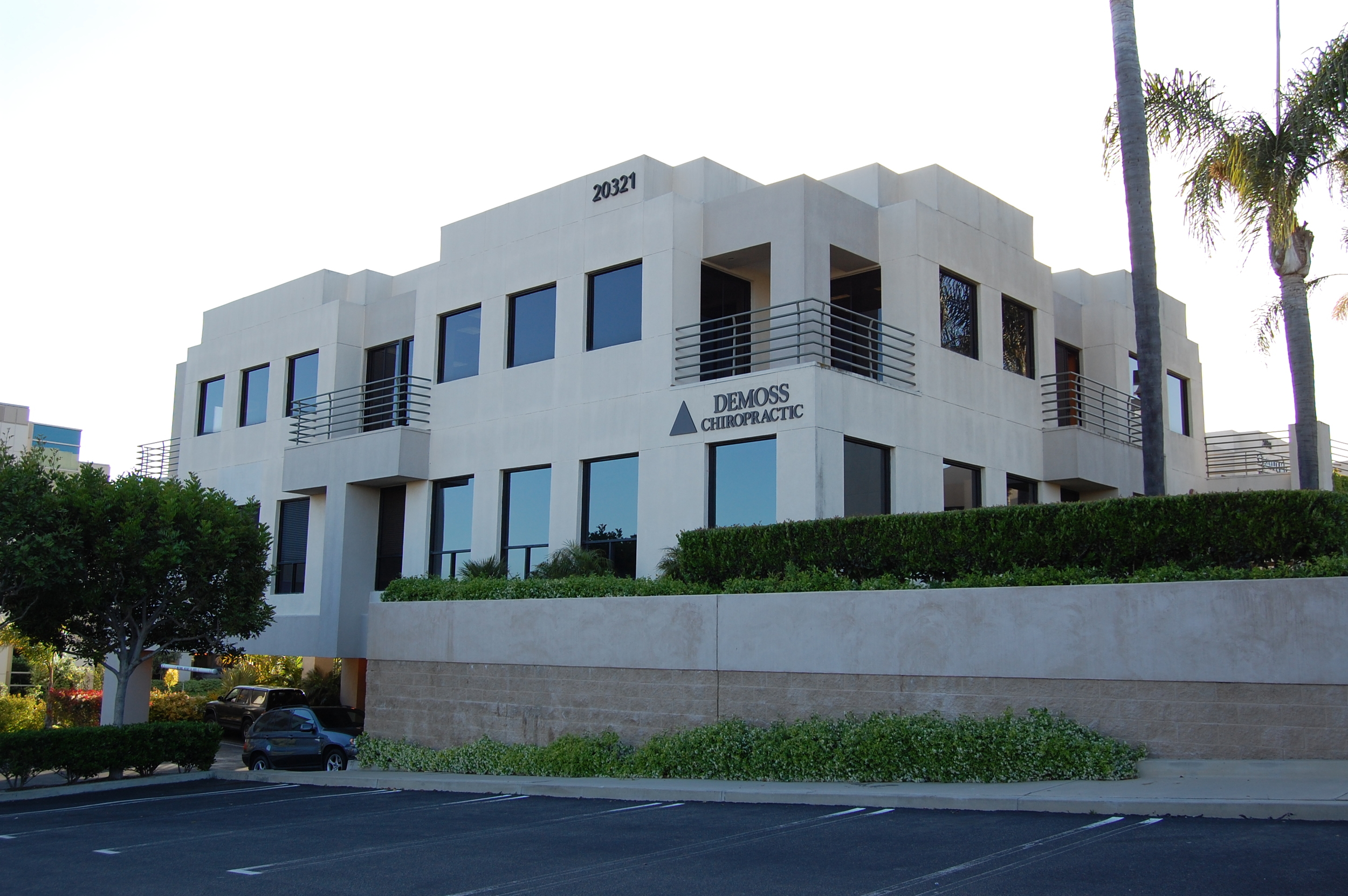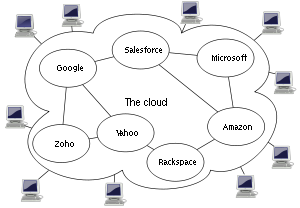Included within the 2010 Health Care Reform Bill were substantial potential changes to the current 1099 reporting requirements. Some of the key changes are as follows: • The corporate exception is ending and, with few exceptions, all corporations will need to be reported on Form 1099-Misc for payments made after December 31, 2011. • Payments for property (goods) will need to be reported on the 1099-MISC if at or above the familiar $600 annual payment threshold. These changes are effective for all payments made after December 31, 2011. • Establishment of Form 1099-K which aims targets currently hard-to-track payment stream: credit cards. Starting in 2011, financial firms that process credit or debit card payments will be required to send their clients, and the IRS, an annual form documenting the year's transactions.
So how large of an impact will this have on small businesses? No one currently knows; however, the accumulation of payee data will be the area where companies will need to devote additional time to comply. Assuming the $600 threshold is met, all vendors will have to provide their name and taxpayer identification number, generally on Form W-9. Currently, many companies required such information and report payments made for services. The new law includes reporting for amounts paid for goods. For instance, a 1099 will be required to be issued if you purchased a computer at a local retailer. However, there appear to be benefits of the change due to the $600 “bright line” for all payments. Another key change is that financial firms that process credit or debit card transaction will now be required to provide that information on Form 1009-K. What does this mean? All payment processors, including Paypal, eBay, Amazon, etc that service individuals and very small businesses will be providing information to the IRS regarding processed transactions. The goal of the new regulations is to capture income that is unreported to the IRS. This requirement has the potential to cause significant tax issues for various individuals and small businesses who conduct ecommerce transactions without reporting the income. Could the impact be as big as recent Foreign Disclosure (UBS, etc.) rules? Only time will tell.
Please note that final regulations are still be interpreted by the IRS and will likely not appear until next year. However, we have been guiding our clients at dbbmckennon to be aware as the reporting requirements will affect substantially all businesses in the US and doing business in the US. Please contact us if you have any questions.





